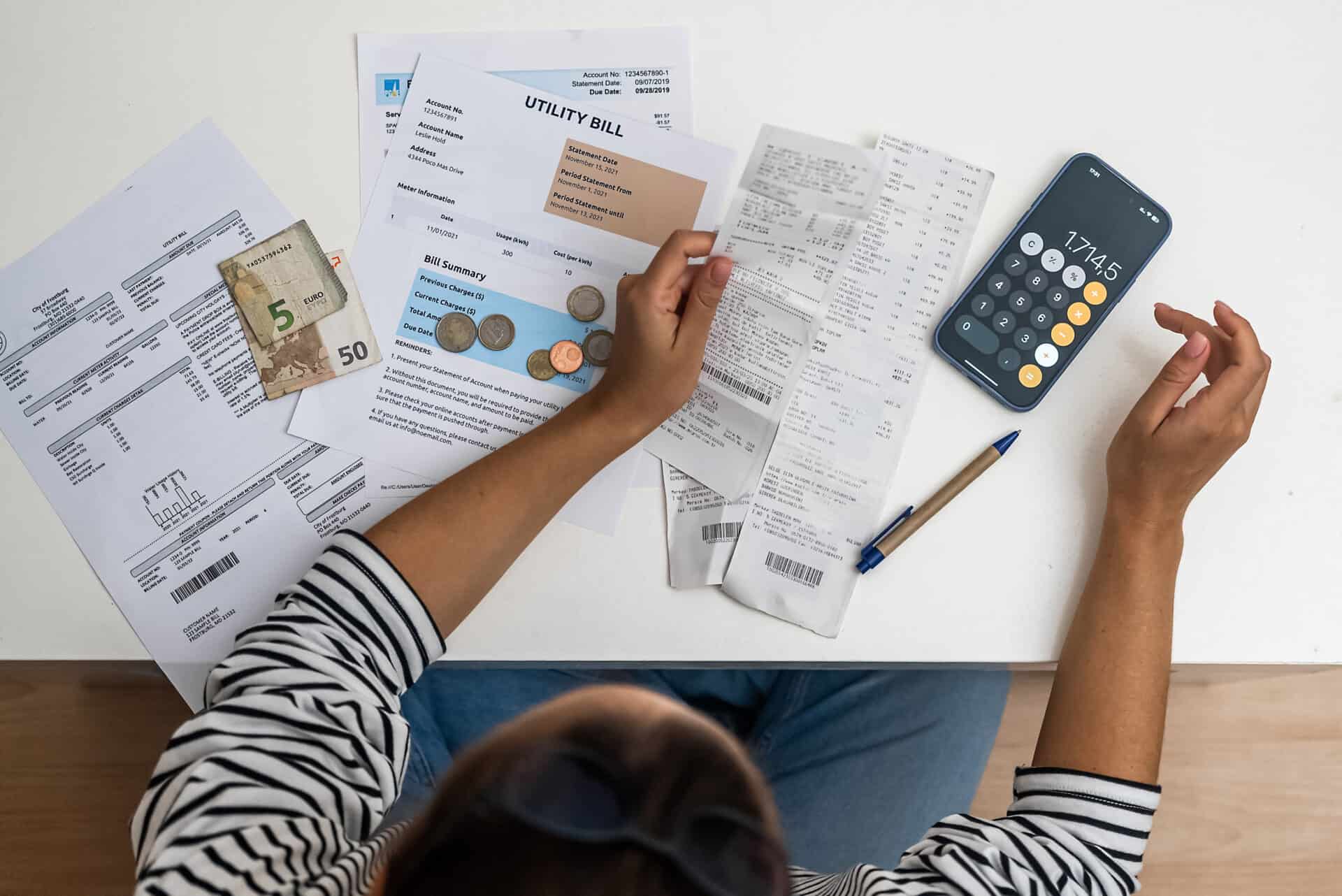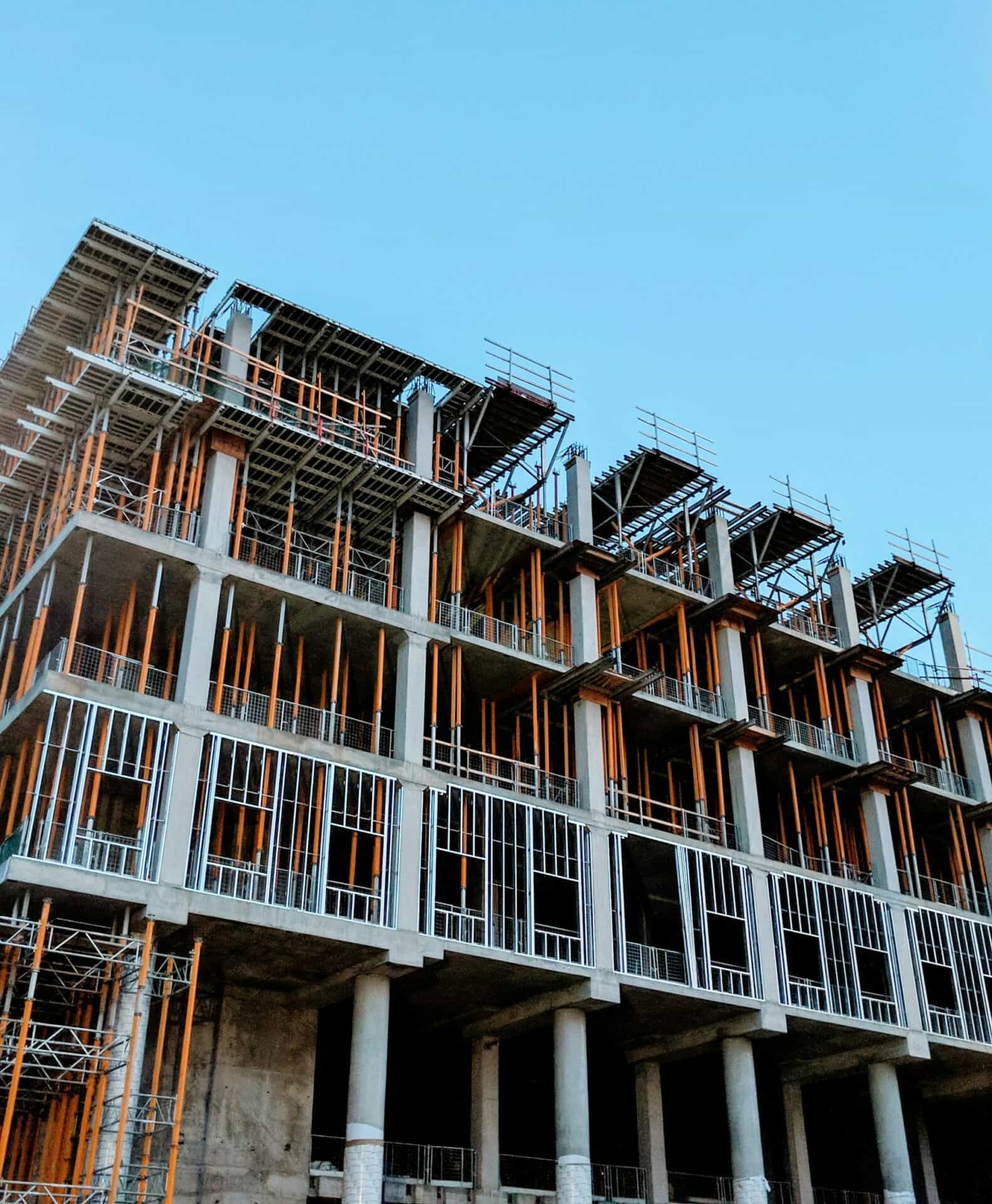Paying tax as an investor can be frustrating, as it can eat into your profits and reduce the overall return on your investment property. Fortunately, the Australian Tax Office (ATO) offers a range of sizable Property Tax Deductions for investors to help alleviate the burden of paying taxes on your rental income.
These property tax deductions can significantly reduce the tax you must pay, allowing you to hold onto more of your hard-earned income.
By taking advantage of all the deductions available to you and claiming them correctly, you can minimise the impact of paying income tax on your investment property and maximise your profits.
In this post, we will explore the top tax breaks available to Australian property investors and provide tips on how to claim them properly.
How Do Rental Property Tax Deductions Work?
According to the ATO, property investors can claim property tax deductions on their expenses while earning income from their investment properties. These deductions can include aspects like the costs of borrowing, such as mortgage interest and bank fees, as well as other expenses, such as repairs and maintenance, insurance, and property management fees.
It’s important to clarify that claiming a property tax deduction doesn’t mean receiving the full cost back from the ATO when you file your tax return. Instead, tax deductions can reduce your taxable income, meaning you will only receive partial reimbursement for deductible items based on your tax rate.
Example
let’s say you spend $90 a week on a cleaning service for your rental property. This is an expense you incur from your investment, so you can claim a tax deduction. That doesn’t mean you can claim the entire $90 back from the ATO. Instead, the deduction helps offset your taxable income.
So, if your current taxable income is $90,000 and you spend $4,680 a year on cleaning fees, you’ll pay tax on $85,320 ($90,000 – $4,680).
According to the ATO, your annual tax on $90,000 is calculated as follows:
| No tax on income between $1 – $18,200 | $0 |
| 19c for every dollar between $18,201 – $45,000 | $5,092 |
| 32.5c for every dollar between $45,001 – $120,000 | $14,625 |
| Income tax payable | $19,717 |
But since your taxable income has been reduced to $85,320, your annual tax payable is also reduced:
| No tax on income between $1 – $18,200 | $0 |
| 19c for every dollar between $18,201 – $45,000 | $5,092 |
| 32.5c for every dollar between $45,001 – $120,000 | $13,104 |
| Income tax payable | $18,196 |
So, the deduction has allowed you to reduce your tax payable by $1,521.
What Tax Deductions Can You Claim to Maximise Your Tax Return?
The best way to maximise your investment property tax deductions is to ensure you’re claiming all for which you’re eligible. Here is a list of all the tax deductions you should be claiming from your rental property:
1. Rental Expenses
You can deduct any costs associated with the rental of a property, including:
- Advertising costs
- Rental agent fees
- Legal expenses
- Council rates
- Utilities
- Insurance
- Pest control
- Tax advice and accountant fees
- Cleaning services
- Gardening services
- Body corporate fees
- Stationary, phone and internet expenses
- Bank charges
- Quantity surveyor fees
- Land tax
For a detailed explanation of each tax-deductible expense, check out our guide on the 20 Rental Deductions to Claim.
2. Interest on your Loan
One of the most significant tax deductions available to property investors is the interest you pay on your mortgage. This includes any borrowing you’ve taken out specifically to purchase or improve your investment property.
3. Repairs and Maintenance
Any repairs or maintenance work on your investment property is generally tax-deductible. This includes fixing a leaky roof, painting the property, or replacing a broken window.
You need to note, however, that only repairs and maintenance are tax-deductible, not improvements. This is because the ATO considers improvements to be something that increases the value of your property or prolongs its life, while repairs and maintenance are simply aimed at keeping the property in good condition.
For example, fixing a hole in the wall is a repair and repainting the walls is maintenance, making them immediately tax deductible. However, knocking the wall down and building a new one is a capital improvement and may lead to a capital gain upon selling the property.
4. Depreciation
Depreciation is the decline in the value of an asset over time, and it’s something that property investors can claim as a tax deduction. This includes the building itself and any fixtures and fittings inside the property, like carpets, blinds, and appliances.
Before you can claim property tax deductions, you’ll need to obtain a depreciation schedule from a qualified quantity surveyor. This schedule will outline the estimated decline in value of the various assets in your property, which you can then claim as a tax deduction over several years.
You might be interested in reading Why an Investment Property Depreciation Schedule Is Crucial For Every Property Investor.
Related: The Ultimate Guide On Investment Property Deductions

Maximising Your Investment Property Tax Benefits with Professional Advice
As we mentioned earlier, the best way to maximise your property tax deductions is to ensure that you’re claiming all the deductions on this list. But the best way to ensure that you’re doing that is by seeking professional advice from a financial planner, quantity surveyor and a tax advisor.
Engaging the services of a professional financial planner and tax advisor is the most efficient way to ensure you are maximising your tax deductions. They are well-versed in the nuances of taxation legislation and understand how best to advise their clients according to their specific situations.
A knowledgeable financial planner or tax advisor can also help uncover deductions that you may have previously overlooked and offer advice on other opportunities to legally minimise your tax burden.
And lastly, experienced tax advisors can help you keep track of various financial documents such as receipts, invoices and banking transactions that are essentially for claiming these tax deductions.
How Can Duo Tax Help Property Investors?
At Duo Tax, we understand how important it is for property investors to get the most out of their investments. That’s why we offer an expert team of depreciation specialists committed to helping you maximise your deductions claims on your property purchases.
Our experienced quantity surveyors have specialised knowledge and experience in the field of taxation, specifically when it comes to depreciation deductions. As a result, we take a comprehensive approach when assessing the potential deductions available from your investment properties, one that considers both the current legislation surrounding depreciation allowances and any recent changes or updates.
We provide detailed advice and support throughout the entire process, including in-depth analysis of all costs associated with purchasing and maintaining a property and any related expenses.
Beyond that, our depreciation schedules are:
- Simple, easy-to-read and results-focused
- Approved by the ATO and the choice FOR thousands of accountants and advisors Australia-wide
- Complete 40-year diminishing and prime-cost depreciation schedules
- Includes capital loss schedule to reduce your capital gains tax
Contact us today to find out more.
Key Takeaways
There are several property tax deductions available to Australian property investors that can help to reduce the amount of tax they pay on their investment property. Claiming these deductions before you pay tax will mean you can hold onto more of your income and potentially increase your profits.
But remember that you need to keep accurate records and receipts for all deductible expenses, and we advise that you seek the advice of a qualified accountant or tax professional to help you maximise your claim.
If you want to get your hands on a tax depreciation schedule, get a quote from Duo Tax today.

Ready to get started?
Talk to one of our friendly property experts to get a free quote or more Information.










